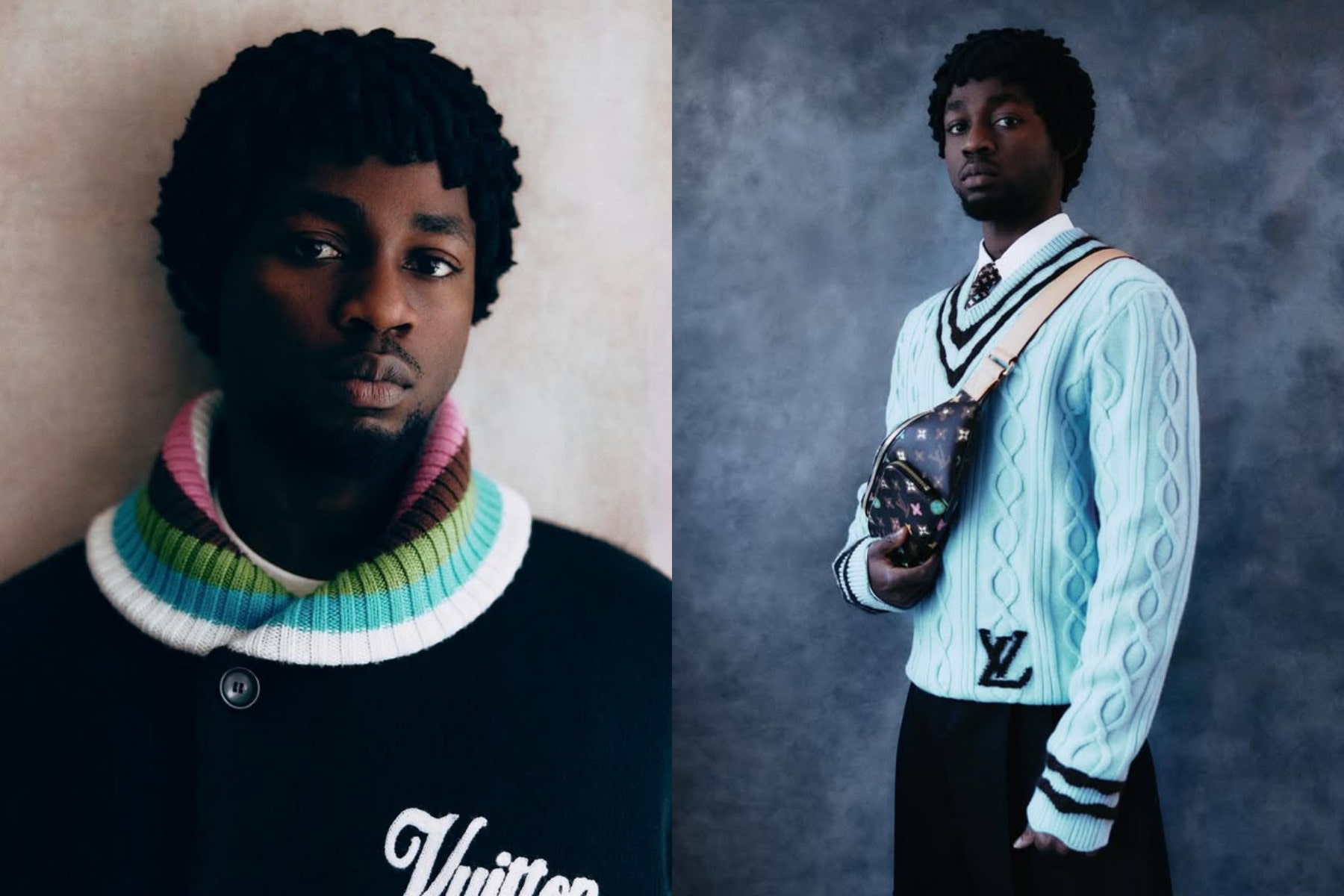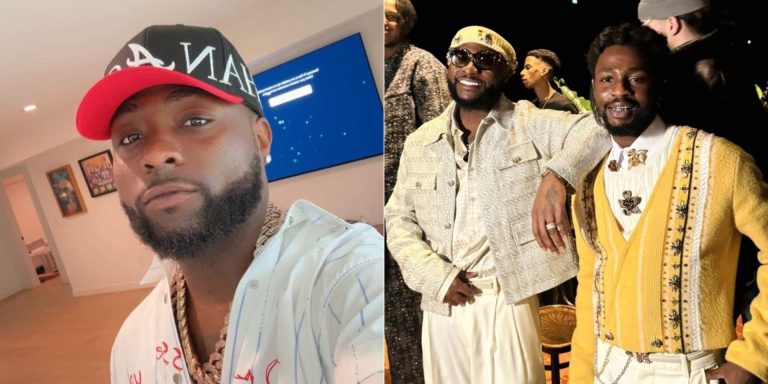- Omah Lay advised fans to avoid overly religious people, calling them “dumb” in an Instagram story.
- He encouraged self-love, truth-seeking, and personal growth.
- The singer has previously expressed disinterest in religion after gaining fame.
- Other Nigerian celebrities like Small Doctor, Brymo, and Daddy Freeze have also made controversial statements about religion.
- The trend highlights a growing wave of public figures challenging traditional beliefs.
Nigerian singer Omah Lay has stirred conversation online after sharing a message that challenges religious extremism and encourages personal growth. In a recent Instagram story, the Afrobeats star urged fans to avoid “over-religious people,” describing them as lacking wisdom. He emphasized the importance of self-love, truth-seeking, and raising one’s personal energy.
“Life is good,” he wrote, adding that the right information is key to freedom and clarity. The post quickly gained traction, with fans and critics weighing in on his stance.
Omah Lay’s comments aren’t entirely unexpected. The singer has previously spoken about his shift away from religion, admitting that his spiritual views changed after gaining fame and financial success.
His remarks join a growing list of Nigerian entertainers who have publicly questioned religious beliefs. Small Doctor recently made headlines for declaring that God doesn’t exist, while Brymo stated he doesn’t believe in religious hell and prefers to face it alone if it exists.
Influencer Danny also sparked backlash last year when he said he would only believe in God if he witnessed a miracle firsthand. He claimed that none of his achievements were divinely assisted.
Veteran filmmaker Patrick Doyle caused a stir by criticizing the popular slogan “What God cannot do doesn’t exist,” calling it misguided. Media personality Daddy Freeze has also faced criticism for his outspoken views on religion, prompting a response from Big Brother Naija alum Bambam, who countered his claims with biblical references.
Together, these voices reflect a broader conversation among Nigerian creatives about faith, identity, and personal belief systems.

